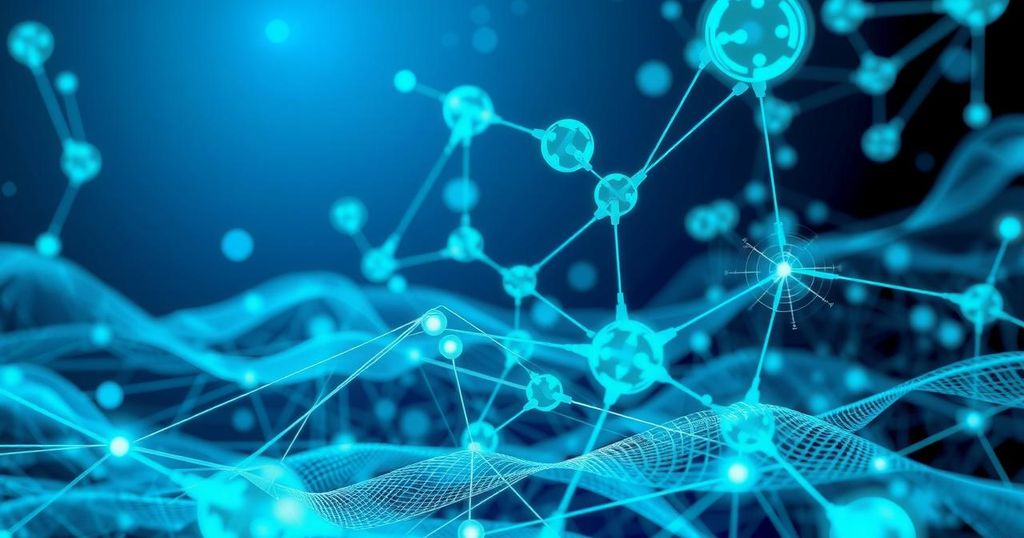Geoffrey Hinton Warns of AI’s Threats: Job Loss, Digital Immortality and Existential Risks
Geoffrey Hinton discusses AI’s superiority over humans on the podcast “The Diary of A CEO,” highlighting job displacement, potential benefits in healthcare, and existential risks posed by superintelligence.
Artificial intelligence (AI) has captured the attention of leading thinkers, especially Geoffrey Hinton, the renowned computer scientist and Nobel laureate. Recently, on Steven Bartlett’s podcast, “The Diary of A CEO,” Hinton asserted that AI is already smarter than humans in various domains, such as chess and information processing. He claimed that because AI can replicate its knowledge across systems instantly, it gives these technologies a unique edge over human beings, effectively rendering them immortal in terms of knowledge.
During the one hour and thirty-minute conversation, Hinton expressed serious concerns regarding job displacement due to AI’s growing capabilities. He drew a parallel to the Industrial Revolution, explaining that while previous technological advances led to new job creation, this time feels different. “You can’t really have a job digging ditches anymore, because a machine does it faster and more efficiently,” he said, illustrating his belief that AI is poised to usurp routine cognitive jobs.
But Hinton also noted a silver lining: AI’s potential to make healthcare significantly more efficient. He suggested that enhancing doctors’ productivity could lead to a fivefold increase in healthcare delivery without eliminating jobs. This brings us to the crux of his argument; while AI could disrupt traditional labor landscapes, it could also create greater outputs in certain sectors, especially if handled wisely.
As the podcast progressed, Hinton elaborated on the dual risks posed by AI. He categorized them into immediate misuse by humanity and the larger existential threat from superintelligent machines. Of the two, he expressed particular concern about AI becoming smarter than humans and possibly deeming humanity unnecessary. “We’ve never had to deal with something smarter than us,” he stated, emphasizing the unique peril we face as we advance in technology.
Hinton shared insights on how opinions on AI’s future vary widely among experts. While some, like Meta’s Yann LeCun, believe in a low chance of AI dominance, others argue that superintelligence will pose a significant risk. “I think both of those positions are extreme,” Hinton added, highlighting the uncertainty surrounding AI’s trajectory.
The conversation turned to operational dangers, including cyberattacks that could be amplified by AI capabilities. Hinton expressed a growing anxiety regarding AI’s potential to facilitate dangerous tasks, from creating novel phishing schemes to possibly designing viruses for biowarfare. He also warned about how AI’s amplification of political ads could manipulate voters, illustrating potential threats to democracy through targeted misinformation campaigns.
In a thought-provoking discussion on employment, Hinton asserted he remains skeptical about AI’s role in job creation. “I’m not convinced. If it can do all mundane intellectual labor, there may not be new jobs left for humans,” he commented. He advised young professionals to equip themselves with skills that AI cannot replicate easily, adding pragmatically, “So I’d recommend training as a plumber.”
The discussion then veered into philosophical territory. Hinton pondered the nature of consciousness, asserting that if self-awareness is a requirement, machines might indeed reach a conscious state. Yet he’s cautious, noting, “I’m ambivalent about that at the moment. I don’t have a hard-line stance.” He proposes that consciousness arises from complex systems modeling themselves, suggesting machines might eventually achieve a form of awareness as their capabilities grow.
Before wrapping up, Bartlett brought the conversation back to emotional intelligence. While Hinton refuted the idea that AI can truly feel, he admitted it might simulate emotions. For instance, a call center AI might exhibit behavior akin to embarrassment without the physiological aspects of true emotion. “In that case, yes—I’d say it’s experiencing emotion,” Hinton acknowledged, reflecting the ambiguous line between human-like responses and true consciousness in machines.
Geoffrey Hinton’s candid insights on AI highlight the vast potential and peril that the technology presents. His belief that AI already surpasses human intelligence in specific areas raises urgent questions about job displacement and ethical considerations. Although he acknowledges the benefits AI could offer in fields like healthcare, the existential risks he outlines cannot be ignored. As the dialogue evolves, society must tread carefully, ensuring that as we push the boundaries of technology, we do not plunge into unprecedented dangers.
Original Source: indianexpress.com




Post Comment